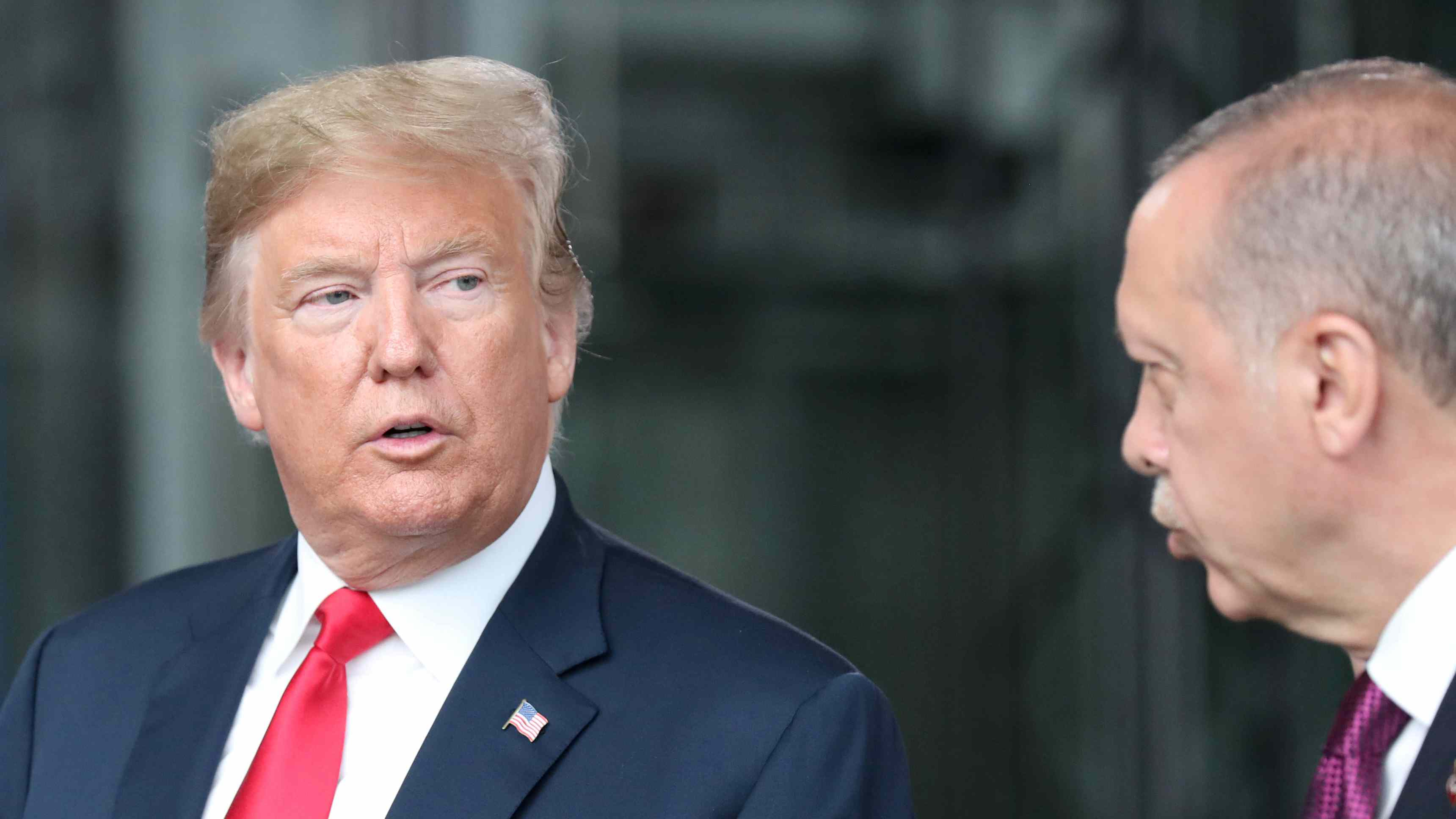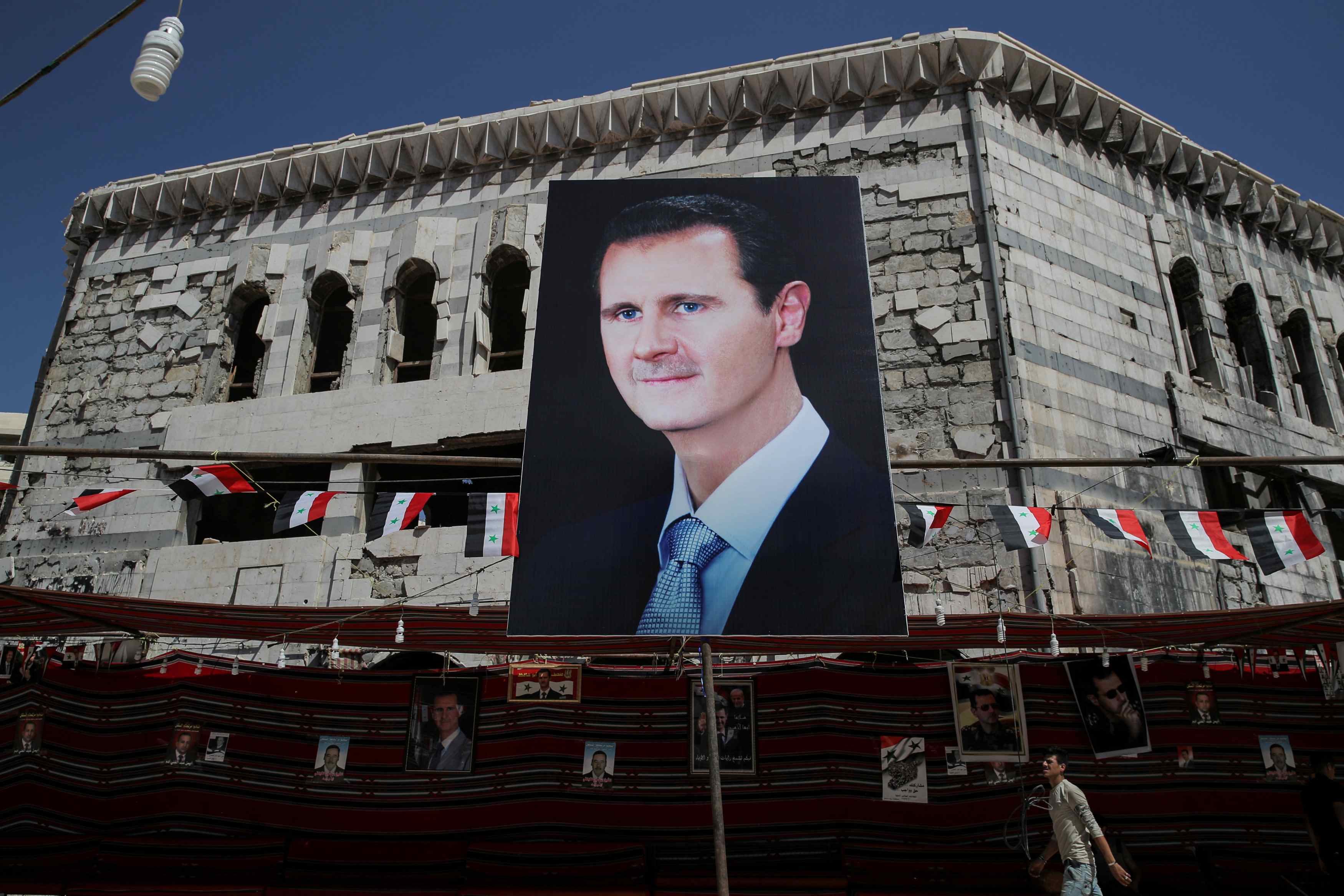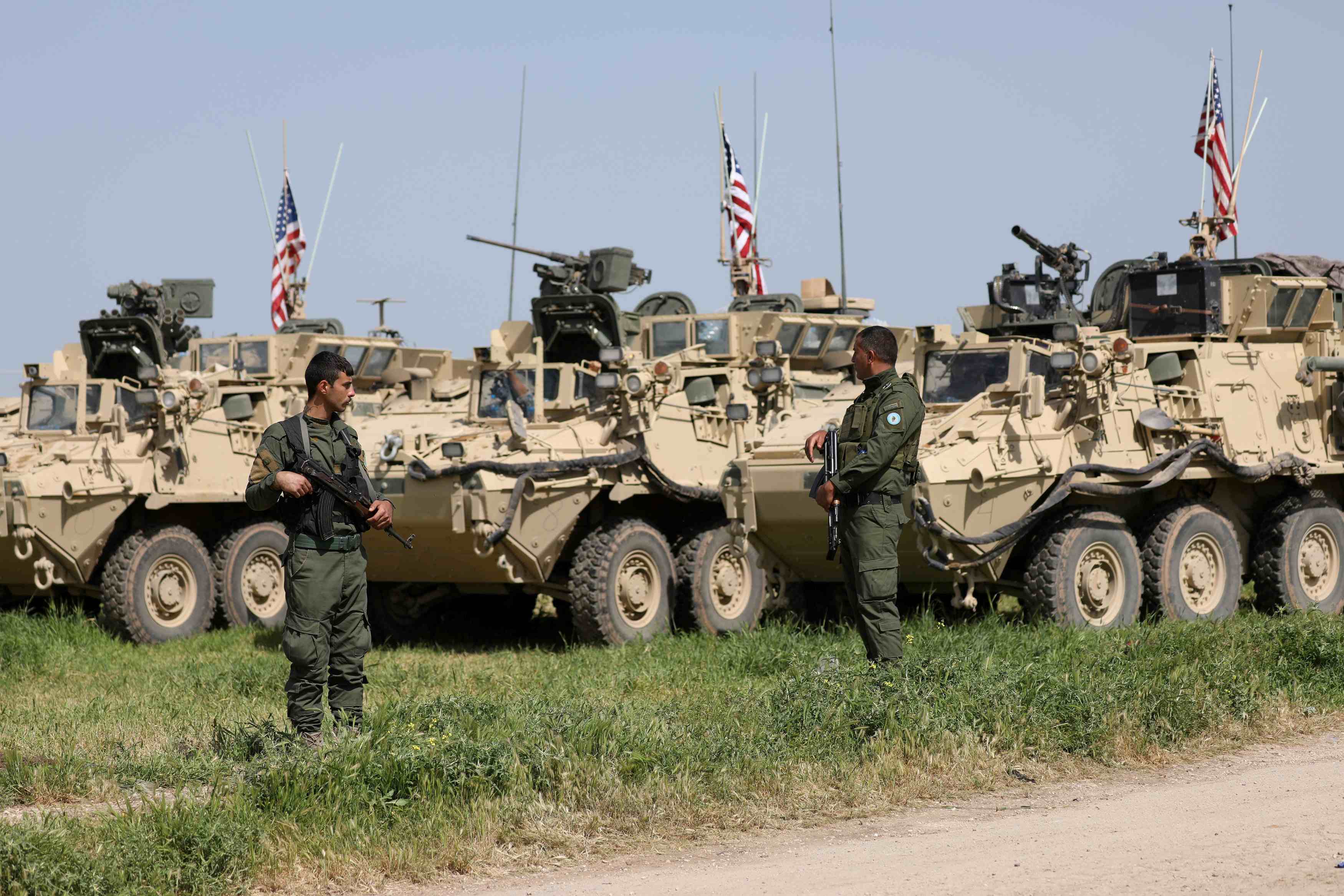
Politics
23:09, 13-Jan-2019
U.S. decision to pull out from Syria; and the winner is...
Updated
22:55, 16-Jan-2019
By Michal Bardavid

Considering the U.S. decision to pull out of Syria that was announced on December 19 and the fast-paced developments that followed in the last few weeks – it's safe to say there is a lot that is still unclear.
A concrete timetable of the withdrawal has not been announced and mixed messages from Washington have made the picture even more vague and complicated. However, on January 11, Col. Sean Ryan, the spokesperson for the U.S.-led coalition against ISIL announced that they had "begun the process of a deliberate withdrawal from Syria."
Nevertheless, between the time this piece is being written – until it is published a few hours later – things may change again. This is mostly due to U.S. President Donald Trump's tendency to make decisions and announce them spontaneously, it seems sometimes without even prior notice to the Pentagon or to U.S. allies. But when it comes to the biggest winner of the U.S. decision to pull out, some analysts say it may actually be Syrian President Bashar Al-Assad.

A banner supporting Syrian President Bashar al-Assad in Syria. /Reuters Photo
A banner supporting Syrian President Bashar al-Assad in Syria. /Reuters Photo
The U.S. decision to withdraw its troops from Syria caught allies, such as France and Turkey that have been part of the U.S.-led coalition against ISIL in Syria, by surprise. But the group that has been most frustrated – and likely most affected – is the Syrian Kurdish militant group the YPG. These are the Kurdish allies U.S. officials have been supporting in Syria in the fight against ISIL. Washington has even provided weapons to the YPG for this cause.
But the YPG has been the main point of conflict between Turkey and the United States. Ankara considers what the U.S. calls their allies – a terrorist organization. Prior to Trump's announcement, Turkey had been preparing to launch an operation against the YPG in Syria and clear the border areas controlled by YPG militants, as Ankara says they create a national security threat for Turkey.
The operation has been put on hold since the U.S. announcement – however Turkey has been boosting its military presence on both sides of the border for weeks. On January 12, the Turkish military sent yet another convoy of military vehicles to the Turkish border city of Hatay north of Idlib.
So at the center of the latest developments in Syria – lies the YPG. So much that – it may have an impact on the pace of U.S. withdrawal and that ultimately on the Syrian conflict as a whole.
The situation in Syria seems to resemble that of a multi-player chess game. The key players in the region; the Syrian government, Russia, Turkey, Iran and the U.S. are all contemplating their next moves and the strategies to follow in order to gain the best position – with different priorities and goals in mind.
When the U.S. announced it was ready to leave, their Kurdish allies – the YPG was basically left hanging – even though U.S. officials have been seeking assurances that Turkey would not target them. Ankara was outraged that the U.S. made such calls and made no such promise. So, the YPG was forced to turn to other powers for protection – Russia and the Syrian government. Assad did not take time to respond and Syrian troops were sent to the outskirts of Manbij. By doing so, the Syrian president gained an upper hand against the Kurds which have managed to take control of a large enclave within Syria in the areas they battled ISIL. In return, Assad will likely expect loyalty from the Kurds and acceptance of Syria's territorial unity.

YPG fighters next to U.S. military vehicles in Syria. /Reuters Photo
YPG fighters next to U.S. military vehicles in Syria. /Reuters Photo
Political analyst Gareth Jenkins stresses that while Assad is focused on domestic issues – its main backers Russia and Iran are more concerned with geopolitical strategies, stating that the "Assad regime is very much focused on trying to reassert its authority over the entire country, reintegrating the country and unifying the country again, not only politically but also economically, which also means connecting Aleppo which was one of the main economic hubs in Syria with the rest of the country but for Iran and Russia they're looking at more of the bigger picture, and particularly looking at the U.S. and its presence in Syria. Particularly for Russia, the global rival with the U.S., also for Iran because the U.S. has issued new sanctions against it, both Russia and Iran are looking at this broader strategic picture. Where Syria is very focused on the civil war."
With Assad closing in on declaring victory in Syria, Iran is looking out for its own national interest in what would be a post-war Syria, both political and economic. Iran which has taken on an active role in the peace process, as a guarantor state together with Russia and Turkey wants to have a say in what that future looks like for Syria. However, it will have to deal with actions taken by the U.S., as during a speech in Cairo on January 10, U.S. Secretary of State Mike Pompeo stated that "In Syria, the United States will use diplomacy and work with our partners to expel every last Iranian boot."
Meanwhile members of the Arab world seem to have surrendered to the idea that Assad will be the victor of this lingering war and have started to take action accordingly. In December, the United Arab Emirates reopened its embassy in Damascus, a major shift in policy toward the Syrian government. Bahrain also announced it would follow suit. Syria had been suspended of its Arab League membership in 2011, but with the latest cozying up of the Arab states with Damascus, it seems Syria may even be invited to the Arab League summit in Tunisia set for March 2019.
With so many consequences of the U.S. decision to pull out, when taking a look at the bigger picture, the withdrawal of U.S. troops will no doubt have a major impact on the future of the region in the years to come.

SITEMAP
Copyright © 2018 CGTN. Beijing ICP prepared NO.16065310-3
Copyright © 2018 CGTN. Beijing ICP prepared NO.16065310-3